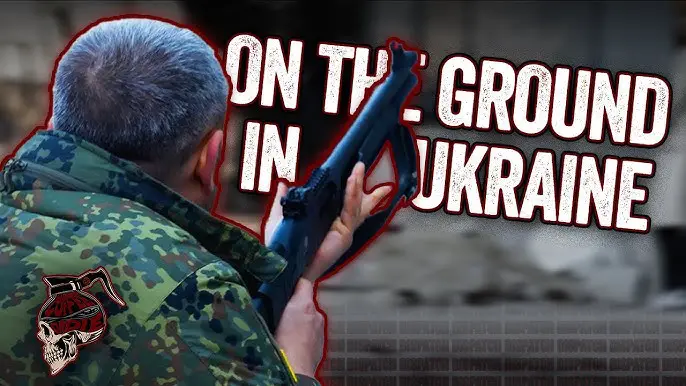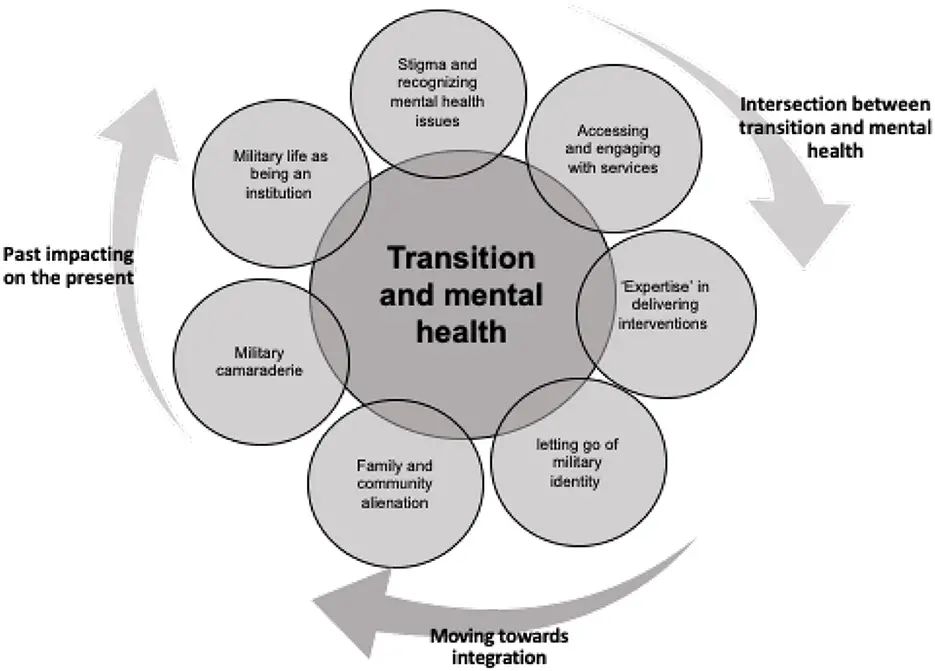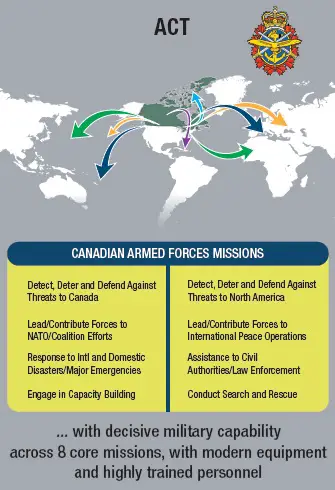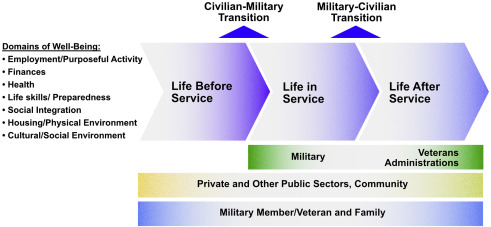Have you ever wondered how you can apply military strategies to your own civilian prepping efforts? In times of emergencies or disasters, having a well-thought-out plan can make all the difference. In this article, we will explore how you can adapt military strategies for civilian prepping to ensure you are well-prepared for any situation that may arise.
Understanding the Basics of Military Strategies
Military strategies are developed by armed forces to achieve specific objectives in combat situations. These strategies are carefully planned and executed to ensure victory and minimize casualties. By understanding the basics of military strategies, you can apply some of the same principles to your own prepping efforts.
When adapting military strategies for civilian prepping, it’s important to remember that the goal is not to engage in combat but to be prepared for emergencies. This means that you will need to modify these strategies to suit your own needs and situation.
Applying the OODA Loop
One of the key concepts in military strategies is the OODA loop, which stands for Observe, Orient, Decide, and Act. This loop is a decision-making process that focuses on constantly updating information and making quick, effective decisions. By applying the OODA loop to your prepping efforts, you can stay ahead of the curve and adapt to changing situations.
In civilian prepping, you can apply the OODA loop by constantly observing your surroundings, staying informed about potential threats, making decisions based on the information you have, and taking action to ensure your safety and well-being. By incorporating this process into your prepping plans, you can be better prepared for any scenario that may arise.

Planning and Preparedness
Military strategies place a strong emphasis on planning and preparedness to ensure success in combat situations. As a civilian prepper, you can take a page out of the military’s playbook by developing a comprehensive plan and ensuring you are well-prepared for emergencies.
Developing a Comprehensive Plan
One of the first steps in adapting military strategies for civilian prepping is to develop a comprehensive plan. This plan should outline potential threats, identify resources and supplies needed, and establish clear guidelines for responding to different scenarios. By creating a solid plan, you can ensure that you are well-prepared for any situation that may arise.
When developing your prepping plan, consider factors such as your location, the types of threats you may face, and the resources available to you. By taking these into account, you can create a plan that is tailored to your specific needs and circumstances.
Stockpiling Supplies
Military strategies often involve stockpiling supplies to ensure the troops have everything they need to carry out their mission. As a civilian prepper, you can apply this concept by building up a supply of essential items that will sustain you and your family during an emergency.
When stockpiling supplies, consider items such as food, water, first aid supplies, and hygiene products. Make sure to rotate your supplies regularly to ensure they remain fresh and usable. By having a well-stocked supply of essential items, you can increase your chances of survival in a crisis situation.

Training and Skill Development
Military personnel undergo extensive training to ensure they are prepared for combat situations. As a civilian prepper, you can adapt military strategies by investing in training and skill development to enhance your ability to respond to emergencies.
First Aid and Medical Training
One crucial aspect of military training is first aid and medical care. By taking a first aid course and learning basic medical skills, you can be better prepared to handle injuries and emergencies. Consider investing in training such as CPR and basic wound care to ensure you can provide care in a crisis situation.
Self-Defense Techniques
Military personnel are trained in self-defense techniques to protect themselves in combat situations. As a civilian prepper, you can learn basic self-defense skills to ensure your safety during emergencies. Consider taking a self-defense course or learning techniques such as how to defend yourself against an attacker.

Communication and Coordination
Military strategies rely on effective communication and coordination to ensure success in combat situations. As a civilian prepper, you can apply these principles by establishing communication channels and coordinating with others in your community.
Establishing Communication Channels
One important aspect of military strategies is establishing communication channels to relay information and coordinate actions. As a civilian prepper, you can set up communication channels with your family, neighbors, and other preppers to share information and coordinate responses to emergencies. Consider using methods such as walkie-talkies, radios, or even social media to stay in touch with others.
Community Coordination
Military operations often involve coordination between different units to achieve a common goal. As a civilian prepper, you can coordinate with others in your community to share resources, information, and support during emergencies. By working together, you can increase your chances of survival and ensure that everyone is well-prepared for any situation that may arise.

Flexibility and Adaptability
Military strategies emphasize the importance of flexibility and adaptability to respond to changing situations on the battlefield. As a civilian prepper, you can apply these principles by being flexible and adaptable in your prepping efforts.
Scenario Planning
Military personnel often engage in scenario planning to prepare for different situations they may encounter. As a civilian prepper, you can adapt this concept by developing plans for various emergencies and practicing your responses. By planning for different scenarios, you can increase your ability to adapt to changing situations and respond effectively.
Reassessing Plans
Military strategies involve constantly reassessing plans and making adjustments based on new information. As a civilian prepper, you can apply this principle by regularly reviewing your prepping plans and making changes as needed. By staying flexible and open to new information, you can ensure that you are well-prepared for any situation that may arise.

Conclusion
Adapting military strategies for civilian prepping can help you enhance your preparedness and ensure you are ready to respond to emergencies. By understanding the basics of military strategies, planning and preparedness, training and skill development, communication and coordination, and flexibility and adaptability, you can be better prepared for any situation that may arise. Remember to tailor these strategies to suit your own needs and circumstances, and stay proactive in your prepping efforts. By taking a strategic approach to prepping, you can increase your chances of survival and protect yourself and your loved ones in times of need.
